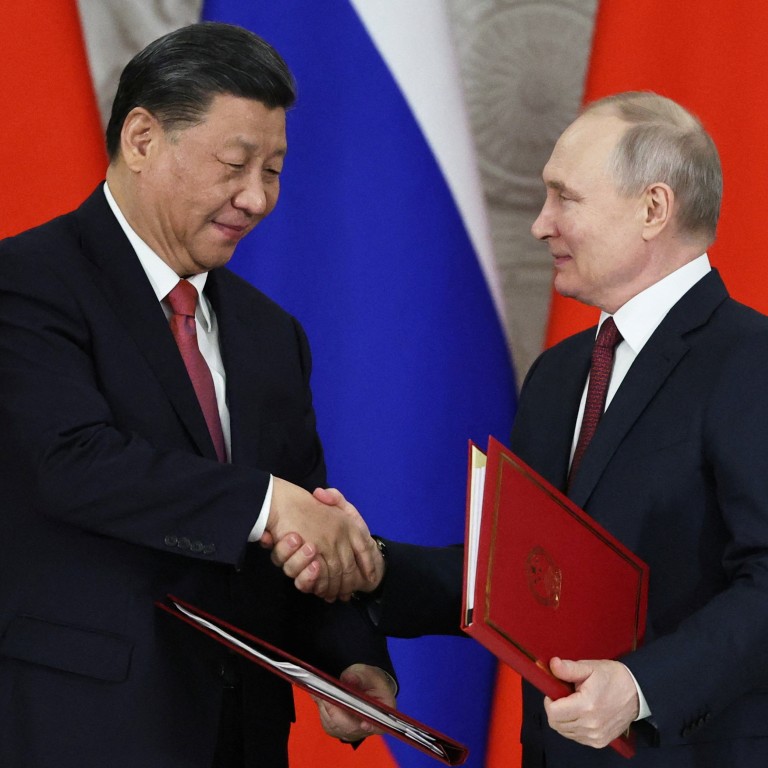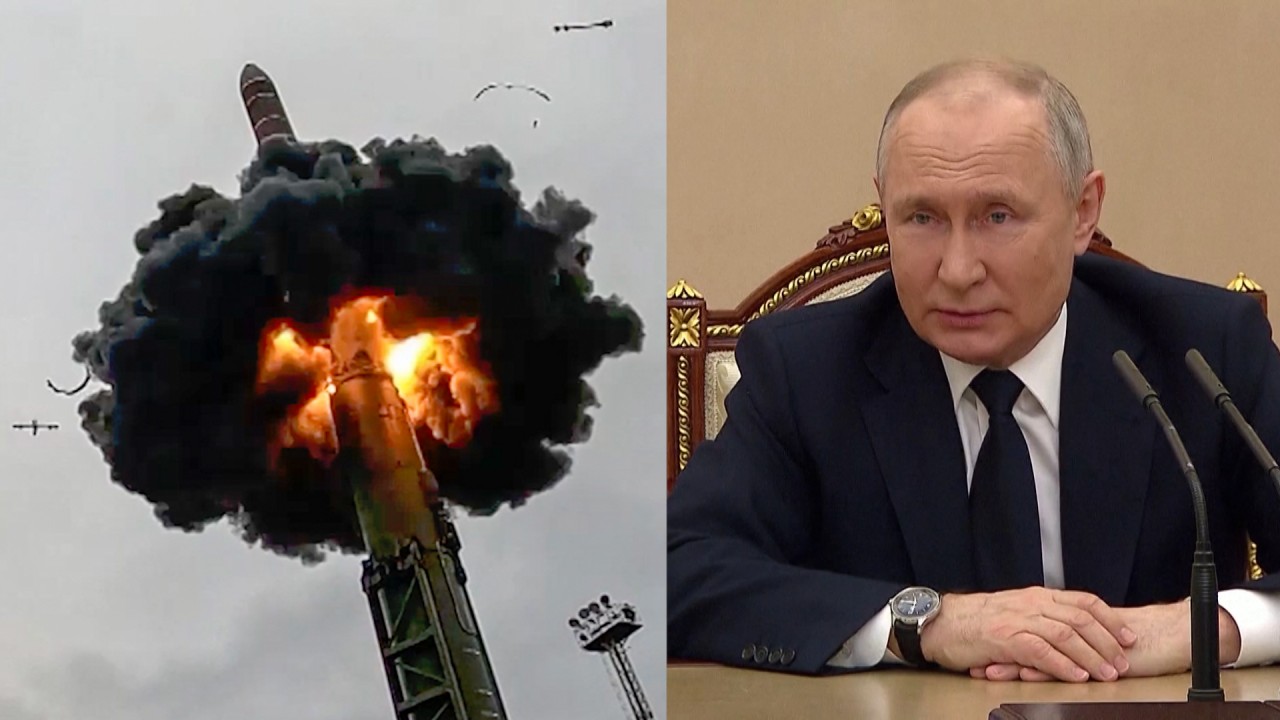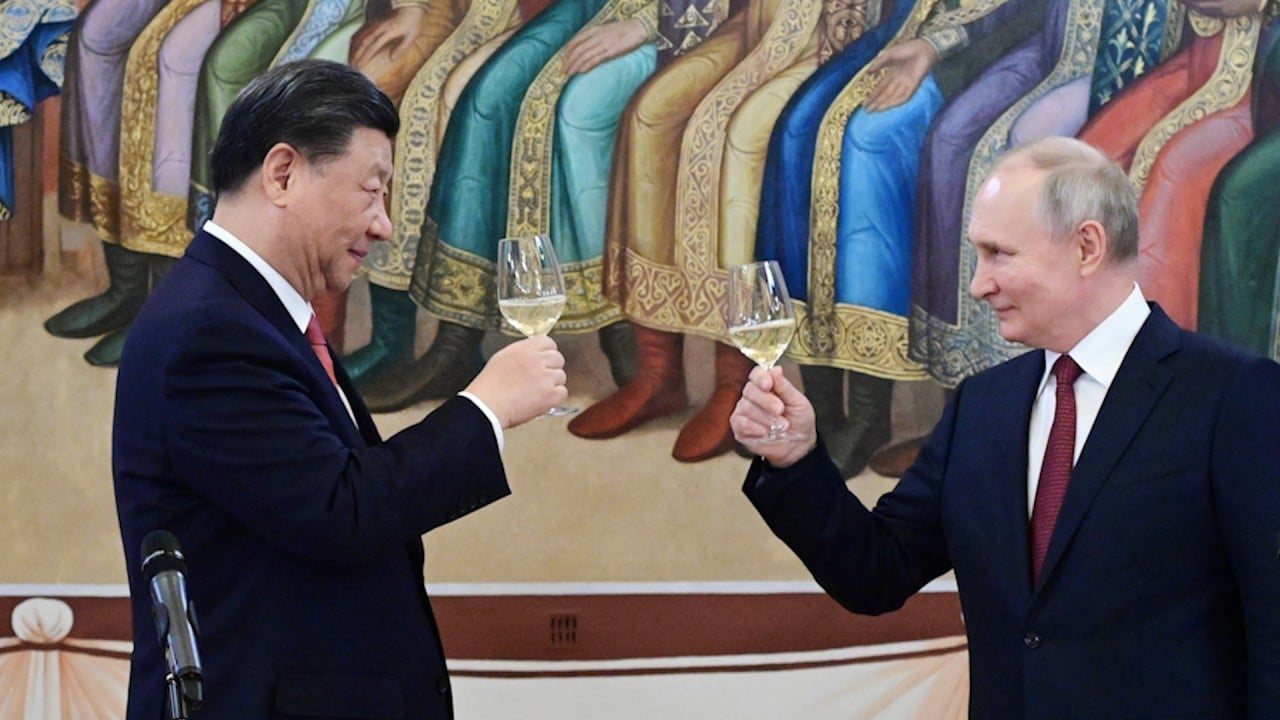
China urges ‘peaceful’ end to Ukraine war as Russia plans to move nuclear weapons into Belarus
- All parties should ‘jointly promote the relaxation of the situation’ over Ukraine, Chinese foreign ministry says
- Russia’s plan to station tactical nuclear weapons in Belarus comes days after joint pledge with China against such moves
“In January last year, the leaders of the five nuclear-weapon states issued a joint statement, pointing out that a nuclear war cannot be won or fought, emphasising that wars between nuclear-weapon states should be avoided and strategic risks should be reduced,” Mao told a regular press briefing on Monday.
The deployment would mark the first time that Russian nuclear arms would be based beyond its borders since the mid-1990s, following the collapse of the Soviet Union.
Russian President Vladimir Putin compared the move to the US stationing its weapons on allied territory “for decades”.
“There is nothing unusual here either,” Putin said on Saturday, adding that the move would not violate Moscow’s nuclear non-proliferation agreements.
“All nuclear powers must not deploy nuclear weapons outside their national territories and must withdraw all their nuclear weapons placed abroad,” the document emphasised, calling for efforts to “reduce the risk of unleashing a nuclear war and any armed conflict between [each other]”.
“Amid the degradation of relations between nuclear powers, measures to reduce strategic risks must be incorporated into general efforts to bring down tension between states, form more constructive relations and reduce to the minimum [the] grounds for discrepancies in the area of security,” the statement said.
Washington said it did not believe Russia was preparing to use the nuclear weapons.
In a statement, the US Defence Department said: “We have not seen any reason to adjust our own strategic nuclear posture … We remain committed to the collective defence of the Nato alliance.”
Putin blames the US-led military alliance for provoking the Russian attack on Ukraine.
The US has spent more than US$32.6 billion on weapons and other forms of military aid to Ukraine since Russian forces invaded on February 24 last year.
Ukraine says Russia ‘took Belarus as nuclear hostage’ by basing weapons there
Some said Russia’s move would worsen tensions between Moscow and the West, and make it more difficult to push for China-led peace talks ahead of French President Emmanuel Macron and European Commission President Ursula von der Leyen’s potential visit to Beijing next week.



